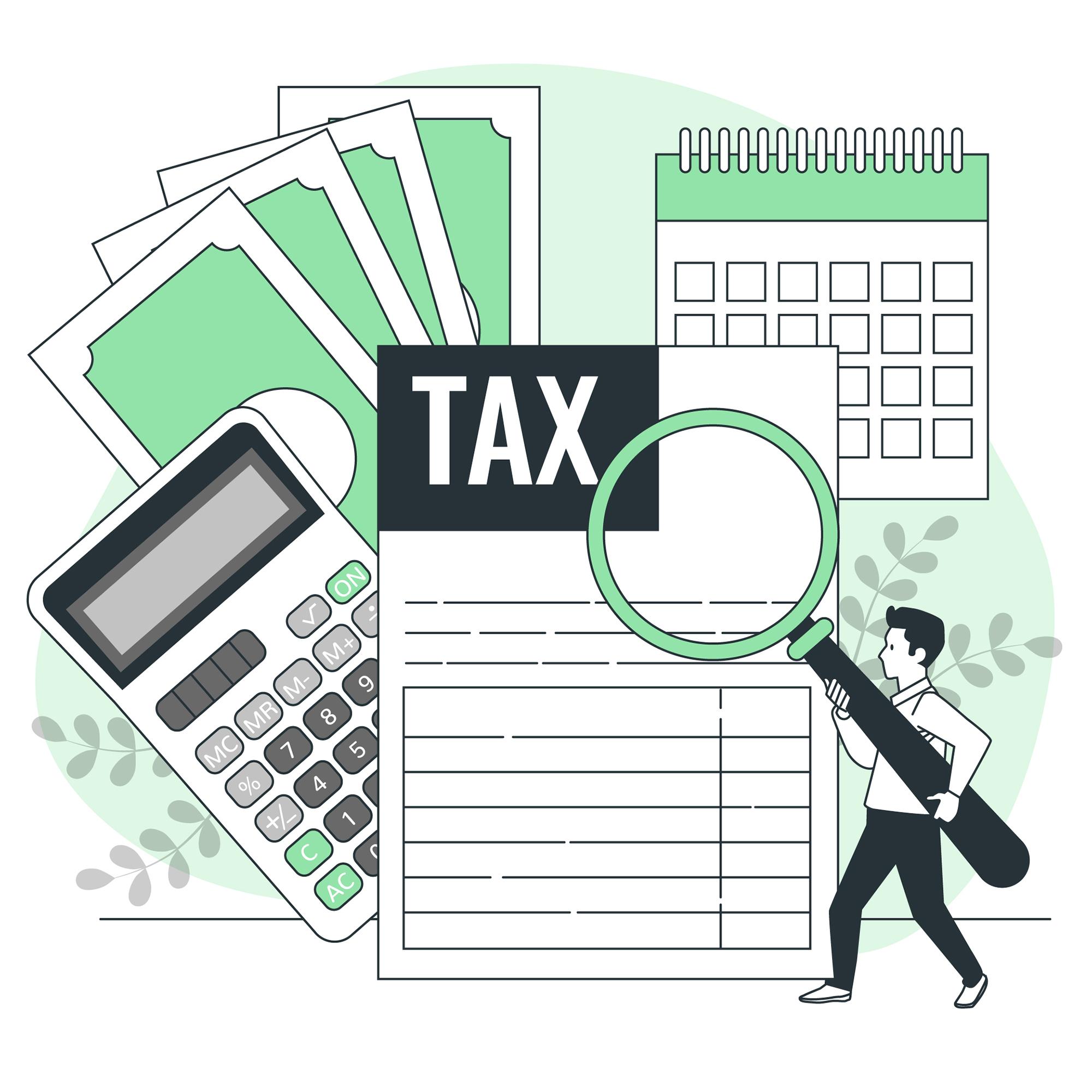Mel Clayton:
Hey, Craig. Today, we’re talking about setting a household budget.
Craig Seddon:
Yes, we are. My thoughts on setting household budget is, you need to know where you’re coming from.
Mel Clayton:
Yep.
Craig Seddon:
What I’ve looked at previously is, if you work at what you’ve done in the previous 12 months, that will give you an indication of what to plan for, for the next 12 months, and even thinking on that is, it’s actually a monthly budget for a 12 month period, right? Should we actually break it down as to when the income actually flows? Then if we go, say you’re paid fortnightly, you have your 12-month budget set up for fortnights, so then it’s actually more ensuring what’s actually going on.
Mel Clayton:
Why do you think someone needs a budget?
Craig Seddon:
Someone needs a budget because a lot of people have great ideas or plans, but they don’t actually make those plans come to light because they never seem to have any money, because they spend it all and don’t realize where they spend it.
Mel Clayton:
Yeah.
Craig Seddon:
It’s the little things where the money disappears.
Mel Clayton:
Yeah, sure. Nick and I set a budget because we had some goals that we wanted to achieve and Nick is appalling at spending money left, right, and center. A good way, I thought, to do it was to do up a budget, and it meant that you could actually visualize and see what was going on and we could set our goals. Buy the big house or the holiday, or put Jackson through whatever it was he wanted to do at that point in time, you know? That’s why we set ourselves a family budget. It also let us see where all that money was going.
Craig Seddon:
Yes.
Mel Clayton:
Sometimes you sit down and go, “Geez, I work bloody hard, but I have no idea where it’s all gone.”
Craig Seddon:
What have I achieved?
Mel Clayton:
Yeah, what have I achieved? I found it was really handy from that perspective. I guess from a safety perspective, as well, like having some, setting money aside and making sure that you’ve got some money, should something go wrong.
Craig Seddon:
Like a pandemic.
Mel Clayton:
Like the pandemic. Exactly. If you’re one of those unfortunate people that ended up out of work or, your business is struggling because of all the restrictions that are out there at the moment, you’ve got the money set aside so that you can keep afloat and kept going for a while.
Craig Seddon:
Yeah, definitely. Yeah. I’ve been pushing for the idea of a budget at home, which has been very … We just had a bit of resistance, but it’s more so I like to know where the money is spent. Yeah, similar things, so we can actually then plan to go. Well, if you actually want to go on a holiday easier, without it being, everything just gets soaked up in a very short timeframe, you can actually plan for it over a longer period of time and make it happen without actually thinking about it, because it’s, all the support’s there behind the scenes on that front.
Mel Clayton:
Yep. I don’t know if you’ve ever read The Barefoot Investor.
Craig Seddon:
I haven’t actually, no.
Mel Clayton:
It’s quite handy because it talks about a couple of different ways that you can do budgets.
Craig Seddon:
Yeah.
Mel Clayton:
I don’t know if you remember the good old money jar that you used to have lying around the house.
Craig Seddon:
The envelope system.
Mel Clayton:
The envelopes, so you can chuck some money in that one, where it’s your holiday fund. That was your savings, safety fund and all that stuff. The Barefoot Investor is a really good book going through all of that stuff. It talks about the different ways you can do it. You can have the good old jar sitting at home or the envelope sitting at home, but these days, I think we’re all a little bit more techno savvy.
Craig Seddon:
That’s right.
Mel Clayton:
I personally have ING accounts, because you can have a fair few of those without paying additional fees as long as you hit some of the requirements, which is basically having your salary come in and then having a certain amount of purchases go out, and then you can basically chuck money in those virtual buckets and keep it saved there. Other ways to do it, I guess if you have a mortgage, you can have your-
Craig Seddon:
Underlying offset accounts-
Mel Clayton:
Yeah, your offset accounts, which are quite handy.
Craig Seddon:
The hardest thing’s just trying to get the bank to actually do it.
Mel Clayton:
Yeah. Getting the bank to do it is a pain in the bum, but then you can set up the same kind of system with buckets and you can have your holiday account. You can have your safety net account. You can have kids going to private school account, and all that stuff, all those big costs that we’ve got to deal with these days. In terms of actually setting your budget, I don’t know what experience you’ve had with apps and all of that stuff
Craig Seddon:
I actually do. You subscribed. She had subscribed to an app, so while I haven’t been diligent in using it, it’s good for, I use it as an indicator as to again, just where the allocation of money is going. I use one called Money Brilliant, and it’s good because I actually integrate, just all the bank accounts or even credit cards and the like, as to where you’re going to track the money’s going, coming in and out. It’ll give you a standard budget based off that historical spending and money coming in, as well. Money coming in is obviously quite important. You can actually see the monthly trends of when your high income months or high expenditure months are. Obviously, I’m at the lower end, as well, so you can actually visualize. Some people are better at seeing things than hearing about things.
Mel Clayton:
For sure.
Craig Seddon:
Where it’s rating performances, and what it’s done for me is actually give me that a little bit of assurance that where I think my money’s gone, it’s actually got that nice pie chart to go, “Well, yes. A third of our money does go on kids. 45% of my cash goes on groceries and children.” It gives you that confirmation that no, I’m not just making stuff up. It actually is realistically happening.
Mel Clayton:
Yeah. You can go the good old basic version, I reckon, like Excel or these days you can upgrade it a bit to Google Sheets, so that’s what I use a bit at the moment, only because I’m one of those good old skeptics that don’t like my bank information all over the internet. The first thing that we did when we were doing our budgets in Excel and Google Sheets was, we went through, what is it that we have to pay?
Craig Seddon:
Yes.
Mel Clayton:
We went through. We have to pay our mortgage. We have to pay out. Yeah, so our needs and then our wants. We went through all our needs and we hit them off, and then we started think about our wants and what we wanted to do there. Nick and I are a bit funny because our wants are actually covered by an allowance, so we give each other money and then it takes that stress out of it. I don’t have to worry about what she’s spending her money. She doesn’t worry about what I’m spending my money on, but it’s good.
Mel Clayton:
It gave me the chance too, because she’s a visual person. Having it in Google Sheets or Excel meant she could log in whenever she wanted and have a look at it. Other than that, I’ve used, I’ve gone through a bunch because I wanted to check them out for clients and that kind of thing. I’ve looked at Pocket Book. I’ve looked at Money Bro, Mint. There’s so many apps out there these days, and they’re all pretty much accessible on your phone, so easy login. Most of them do bank feeds. Pretty much all of them do bank feeds. You can opt not to do them and you can do the good old import, but why bother doing it, if you’re going to go into one of these apps? Yeah, they’re really brilliant. You’ve got all these lovely pictures and it shows you where all your money is going.
Craig Seddon:
Yeah.
Mel Clayton:
I think it makes life easier, and almost no excuse to some extent, to not have a family budget.
Craig Seddon:
Yeah.
Mel Clayton:
Make sense?
Craig Seddon:
That’s it. Yeah. Cool.
Mel Clayton:
Cool. All right. Thanks, Craig.
Craig Seddon:
Cheers.





